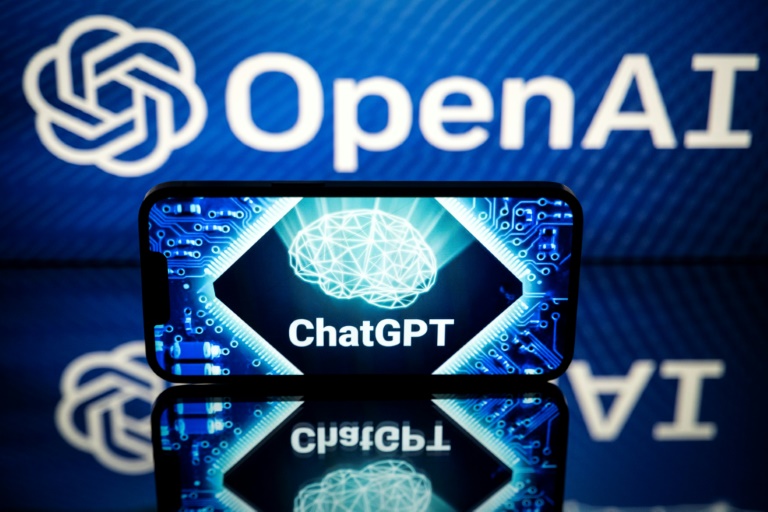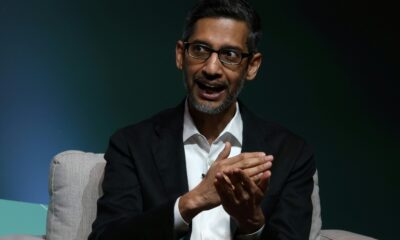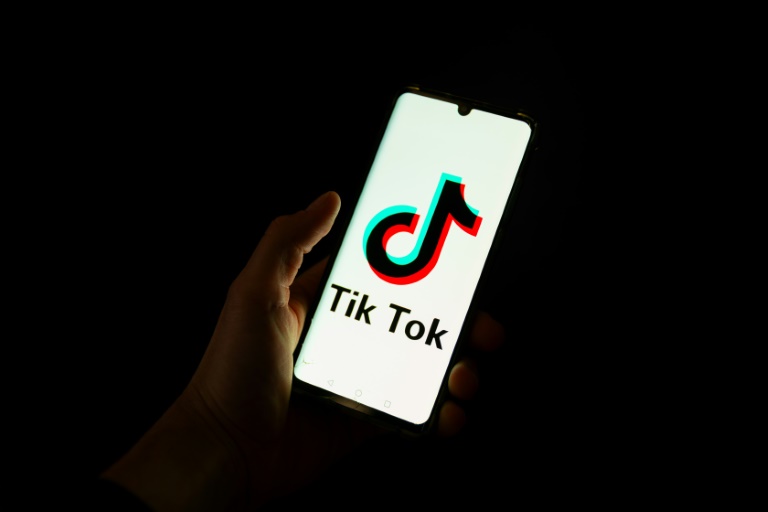G7 ministers agreed a timeframe Tuesday for phasing out coal-fired power plants, setting as a goal the mid-2030s, in a move hailed as significant by some environmentalists but slammed as “too late” by others.
The Group of Seven two-day meeting in Turin was the first big political session since the world pledged at the UN’s COP28 annual climate summit in Dubai in December to transition away from coal, oil and gas.
The G7 commits to “phase out existing unabated coal power generation in our energy systems during the first half of 2030s,” the final statement from energy and climate ministers read.
However it left some wiggle room, saying nations could follow “a timeline consistent with keeping a limit of 1.5-degrees-Celsius temperature rise within reach, in line with countries’ net zero pathways”.
It also preserved a place for coal power if it is “abated”, meaning its emissions are captured or limited by technology — something panned by many as unproven and a distraction from cutting fossil fuel use.
The G7 brings together Canada, France, Germany, Italy, Japan, the UK and US.
Negotiations over a fixed date were reportedly tricky. Some countries, and many environmentalists, had been pushing for a 2030 limit, but Japan — which relies heavily on coal — was reluctant to set a date.
The leaders of the G7 countries will produce their own statement after a summit in southern Italy in June.
– ‘What about gas?’ –
The 2015 Paris Agreement saw countries agree to cap global warming at “well below” 2C above preindustrial times — with a safer limit of 1.5C if possible.
To keep the 1.5C limit in play, the UN’s climate expert panel has said emissions need to be slashed almost in half this decade, but they continue to rise.
The International Energy Agency (IEA) has said that to reach net zero emissions by 2050 — a key milestone to limit global warming — advanced economies should end all generation by unabated coal-fired power plants by 2030.
Italian Environment and Energy Security Minister Gilberto Pichetto Fratin said the talks had been “intense” but showed the G7 had “grasped” climate change.
Luca Bergamaschi from the Italian climate think tank ECCO said the G7 had taken a “decisive step forward” in translating the Dubai agreement into national policies.
The World Resources Institute hailed the commitment as “a beacon of hope for the rest of the world”.
But Oil Change International said the G7 “have failed” their first post-COP28 test, while the Climate Analytics policy institute said “2035 is too late”.
“Many of these countries have already publicly committed to phase out dates ahead of 2030, and only have a small amount of coal capacity anyway,” Jane Ellis from Climate Analytics said in a statement.
She also pointed out it was “notable that gas has not been mentioned”, despite it being the largest source of the global increase in CO2 emissions in the last decade.
Germany — Europe’s biggest emitter of greenhouse gases — is unwilling to wean off gas, as is G7 host Italy, which is investing in new domestic gas facilities.
– ‘Capable of contributing’ –
The G7 ministers did say they will scale-up battery storage “more than sixfold” by 2030, to support electricity grids powered by renewable energy sources.
They also tackled the thorny issue of plastic pollution amid a heated debate over how to best design a treaty addressing the scourge.
Plastic waste is now found everywhere from the summits of mountains to the ocean floor and in human blood and breast milk.
Broadly, the debate is between whether to focus on reducing production, or boosting recycling.
The ministers said they “aspired” to reduce and if necessary restrain the global production of plastic, and renewed their commitments to end plastic pollution by 2040.
Climate watchers are pushing for more funds for adaptation to climate change and energy systems for developing countries, and all eyes will be on the G7 finance minister’s meeting in at the end of May.
The ministers in Turin stressed efforts to raise money to help poorer countries deal with climate change should include “those countries that are capable of contributing”.
Under a UN climate treaty signed in 1992, only a small handful of high-income countries that dominated the global economy at the time were required to pay climate finance — not including China, which has since become wealthier, and is now the world’s largest polluter.
“By making it clear that we were calling on other countries to contribute, we want China to join us in this direction,” Franck Riester, the minister representing France on climate issues, told AFP.

 Business4 months ago
Business4 months ago
 Business5 months ago
Business5 months ago
 Events4 months ago
Events4 months ago
 People4 months ago
People4 months ago
 Events5 months ago
Events5 months ago
















